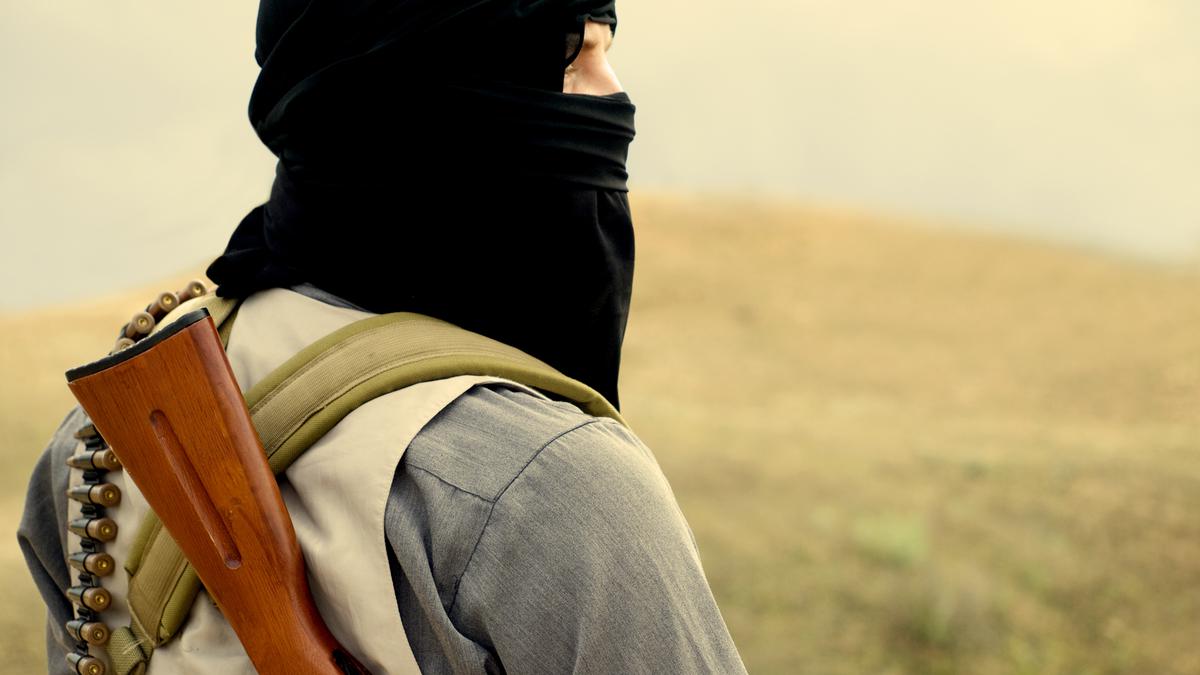
Jihadi Johns of the world: review of Guy Gunaratne’s Mister, Mister
The Hindu
In this novel, Gunaratne narrates a story of unbelonging played out on a global scale with repercussions in our backyard
Tinker. Tailor. Jihadist. Poet. Guy. In this fast and furious ride through recent history — the time before and after the 9/11 attacks — the words leap off the pages like magnesium wire burnt selectively in air. At times, it seems to advocate jihad as a career option.
It’s easy to be distracted by the sheer energy that Guy Gunaratne’s first-person narrative produces. It is part confessional, part interrogation as Yahya Bas, the orphaned Iraqi born in London to a dysfunctional family, plucks at the sleeve of his interlocutor, the Mister Mister of the title, and cajoles and pleads with him as he unravels his life in what appears to be separate compartments.
He is lodged in solitary confinement in a detention centre in the U.K. as the unnamed special investigator tries to break down his defences, to try to get a pattern of what is commonly referred to as “Muslim extremism in Britain”. Or what others have tried to label ‘Islamism’ — as one might package a deviant form of thought process into a loaf of bread.
The time frame stretches in two parts, from 1990 to 2005 and from 2010 to 2015. Yahya, the goat boy, as he often refers to himself, born feet first with a bad hip and initially tongue-tied, is a spectator to the gory episodes of global terror attacks.
Part of Yahya’s apology, if we can call it that, is that there is no one meaning that makes sense of what happened to him. Towards the end, he compares himself to an octopus — translucent, swimming formlessly, without a spine, as he puts it. But he does attract a following during one part of his life story, by the siren songs he is able to conjure with an ululation of poetic power that Islamic verse encourages, peppered with English. Gunaratne’s gift is to deconstruct vocabulary into a meaning that connects people just by the sound and ideas it creates.
The reader is both seduced by Yahya’s power of rendering the trajectory of his transformation and also appalled at being led into the trap of believing the inevitability of his choices. To that extent, Robert Verkaik’s Jihadi John: The Making of a Terrorist (2016), about the life and fetishising of a militant’s acts of brutality on camera, is the more honest account.
Ever since Gunaratne’s debut novel (In Our Mad and Furious City, 2019) slammed London and shook her hidden pockets filled with immigrants rattling their chains, he’s found a niche for what can be termed the angst of the migrant multitudes of the earth. It’s a form of reverse appropriation whereby those disenfranchised and alienated by the colonial miasma of deception in the name of progress, land up in London’s fair city to seek absolution.













